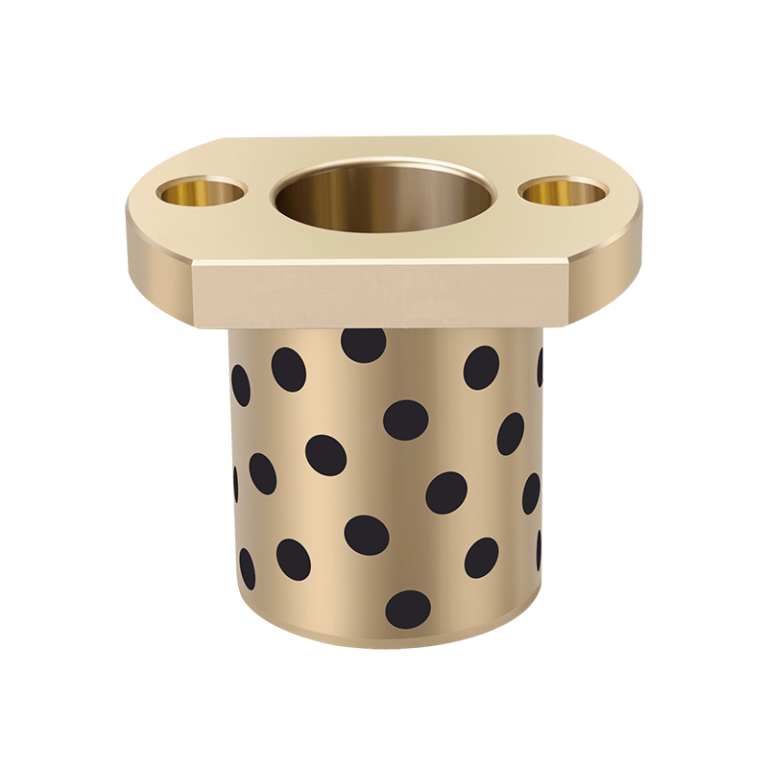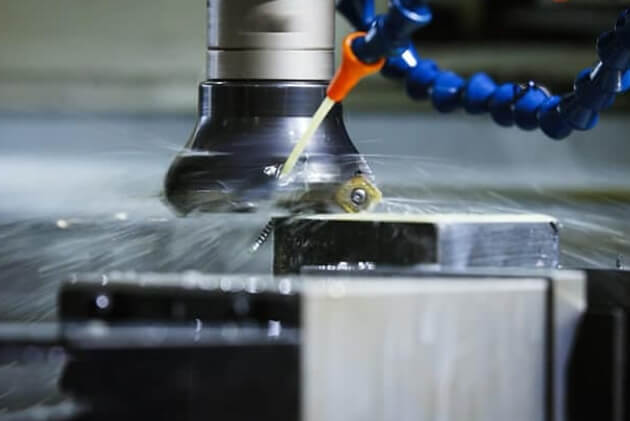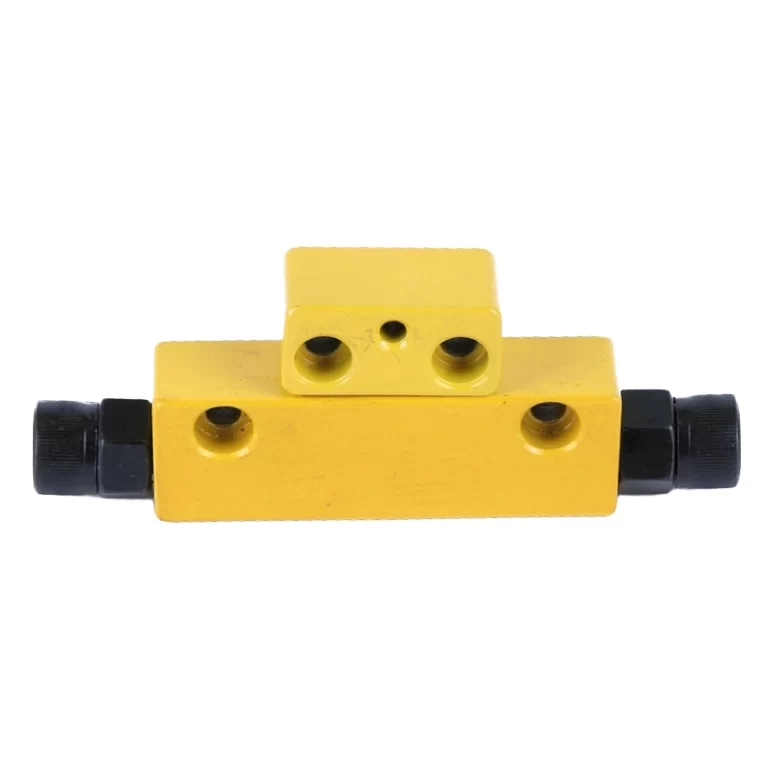Distinctions Between 45# Steel and Q235 Steel in CNC Machining
In the realm of CNC machining, 45# steel and Q235 steel are frequently encountered materials, each with its unique characteristics. So, how do these two types of steel differ when it comes to precision CNC machining?
1. Steel Grade Representation:
- Q235 Steel: The “Q235” designation signifies the mechanical properties of the steel, boasting a yield strength of approximately 235 MPa. Typically, CNC machining of Q235 involves processes without direct heat treatment, aligning with the demands of computer numerical control (CNC) technology.
- 45# Steel: Identified as “45#,” this steel highlights its chemical composition, featuring a carbon content of around 0.45%. The specific composition makes it suitable for CNC machining processes where precision is paramount.
2. Performance and Applications in CNC Machining:
- Q235 Steel: As a low-carbon steel with a carbon content of about 0.2%, Q235 demonstrates higher ductility. Its CNC machining applications involve processes like milling and turning, making it adaptable for crafting components such as profiles and sheets with CNC precision.
- 45# Steel: Positioned as a medium-carbon steel with a carbon content of around 0.45%, 45# steel is amenable to CNC machining. Its ability to undergo quenching makes it particularly valuable in CNC processes where achieving high strength and hardness is crucial. CNC machining of 45# steel is well-suited for creating precision components in applications demanding resilience and wear resistance.
3. Common Terminology in CNC Machining:
- Both 45# steel and Q235 steel, as utilized in CNC machining, may be colloquially referred to by alternate names within the CNC machining community. 45# steel, recognized as “oil steel,” and Q235 steel, sometimes known as “A3 steel,” find their places in CNC machining, each contributing to the precision and efficiency characteristic of CNC processes.
Understanding these distinctions is vital in the world of CNC machining, enabling manufacturers to make informed choices based on the specific requirements of CNC projects. Whether it’s the mechanical properties or the chemical composition that takes precedence, both 45# steel and Q235 steel play integral roles in achieving CNC precision in the manufacturing process.






